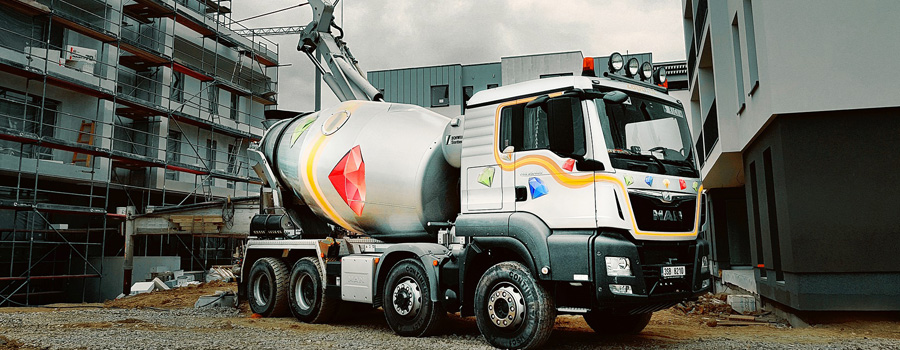Blog Post

It might be difficult to pour high-quality ready-mix concreteif you don't understand what causes cracks and how to prevent them. Cracks in your pavement may appear unavoidable in many scenarios and impossible to avoid if you cannot recognise conditions that can lead to severe cracking.
The following information is intended to assist you in understanding some of the most prevalent causes of driveway pavement cracks.
• Inadequate Selection of Materials
Some may believe that all type of ready-mix concrete is the same and that all products will produce the same effects. That is not true. Many cement and pavement materials are designed for ornamental purposes and will crack if used for driveways or other high-stress applications. To prevent cracks in your driveway, you must use specifically developed cement for that reason.
For instance, you should look concrete "for construction use" to guarantee that your paved area is durable enough to handle regular traffic. Equally crucial is ensuring that your temperature rating is at the appropriate level to avoid difficulties. For example, some cement is rated for hot temperatures while others for colder climates. Others are designed for broader applications and are temperature-adaptive.
• Adding Excessive Weight
Ready Mix Concrete is durable enough to endure various elements, yet its surface can be harmed by excessive weight. This issue is generally prevalent along weaker places, such as driveway borders, and rapidly spreads surface cracks.
Try to shift heavy objects off your pavement or redirect heavy items clumped together away from each other. Too much weight in one area can harm a driveway, but distributing the weight equally throughout the surface will alleviate many of these difficulties.
• Extreme Temperature Changes
Generally, asphalt is resilient enough to tolerate a wide range of temperature fluctuations, although it may face troubles under extreme conditions. For instance, fast temperature changes will cause the water in your pavement to expand and contract, which may lead to the formation of cracks.
If you reside in a location with frequent temperature fluctuations, there is nothing you can do to avoid this issue. However, you can prevent part of this damage by applying a sealant or seal coat to the ready-mix concrete's surface. This action will limit the damage caused by the sun and ice on your driveway.
• Excessive Water in the Pavement Mix
The addition of excess water to the asphalt mixture is one of the major causes of ready-mix concrete cracking. Although water is required for the pouring process, too much water will dilute the cement in your pavement and make it less secure. This wet pavement will ultimately dry and become sturdy enough to support your automobiles, but it will be more susceptible to damage than other varieties.
Consequently, you must ensure that the water supplied to your pavement is fair. Typically, one pail of water is required for each 10-pound bag of cement. More than that, your pavement will emerge quite wet. If you observe that the mixture contains too much water, you can add a handful of additional cement mixture to improve its consistency.
• Ground Movement
You may believe that the earth beneath your pavement is stable, but this is not true. The dirt and soil beneath your driveway are likely to undergo regular changes, such as heaving and settling, which can cause major fractures in your pavement.
To avoid this issue, you can remove trees from your yard close to the street. Frequently, tree roots develop beneath your pavement and produce a range of soil issues. To avoid this issue, you may also need to place additional firm dirt beneath your driveway before pouring the asphalt.
Contact Save Time Concretefor More Details